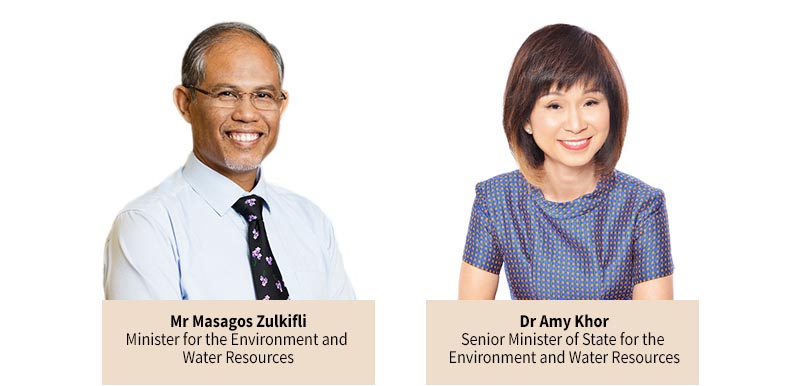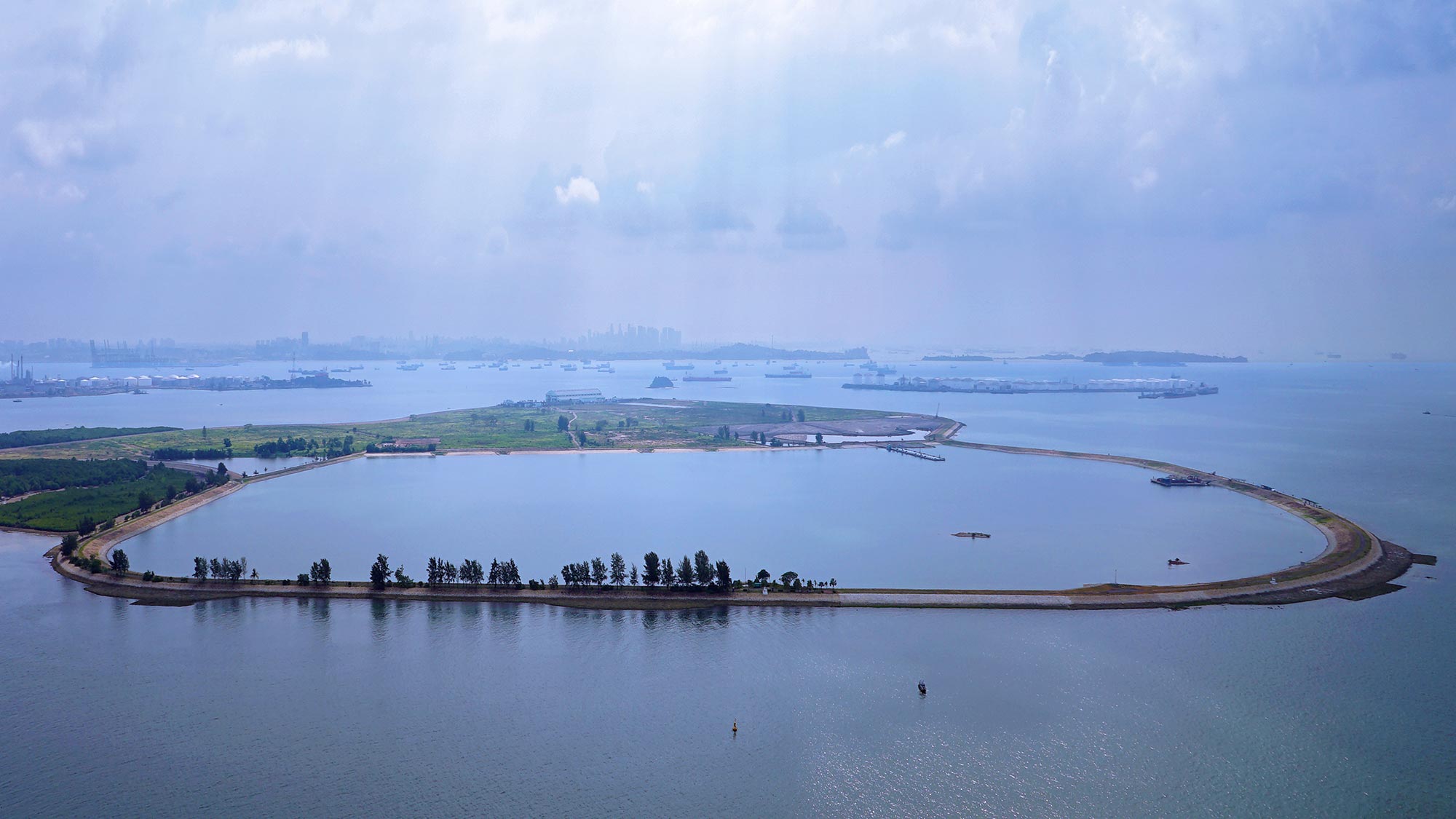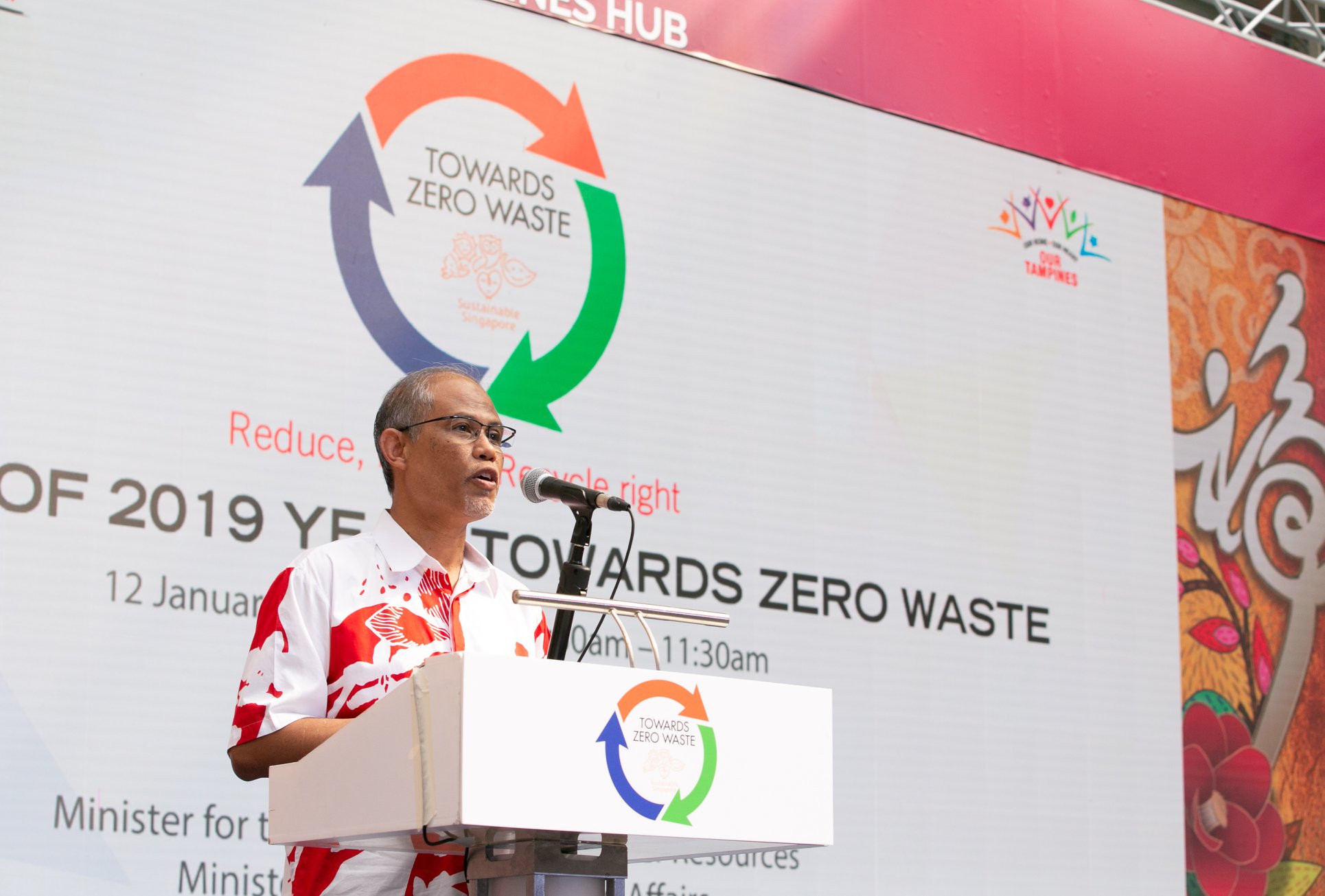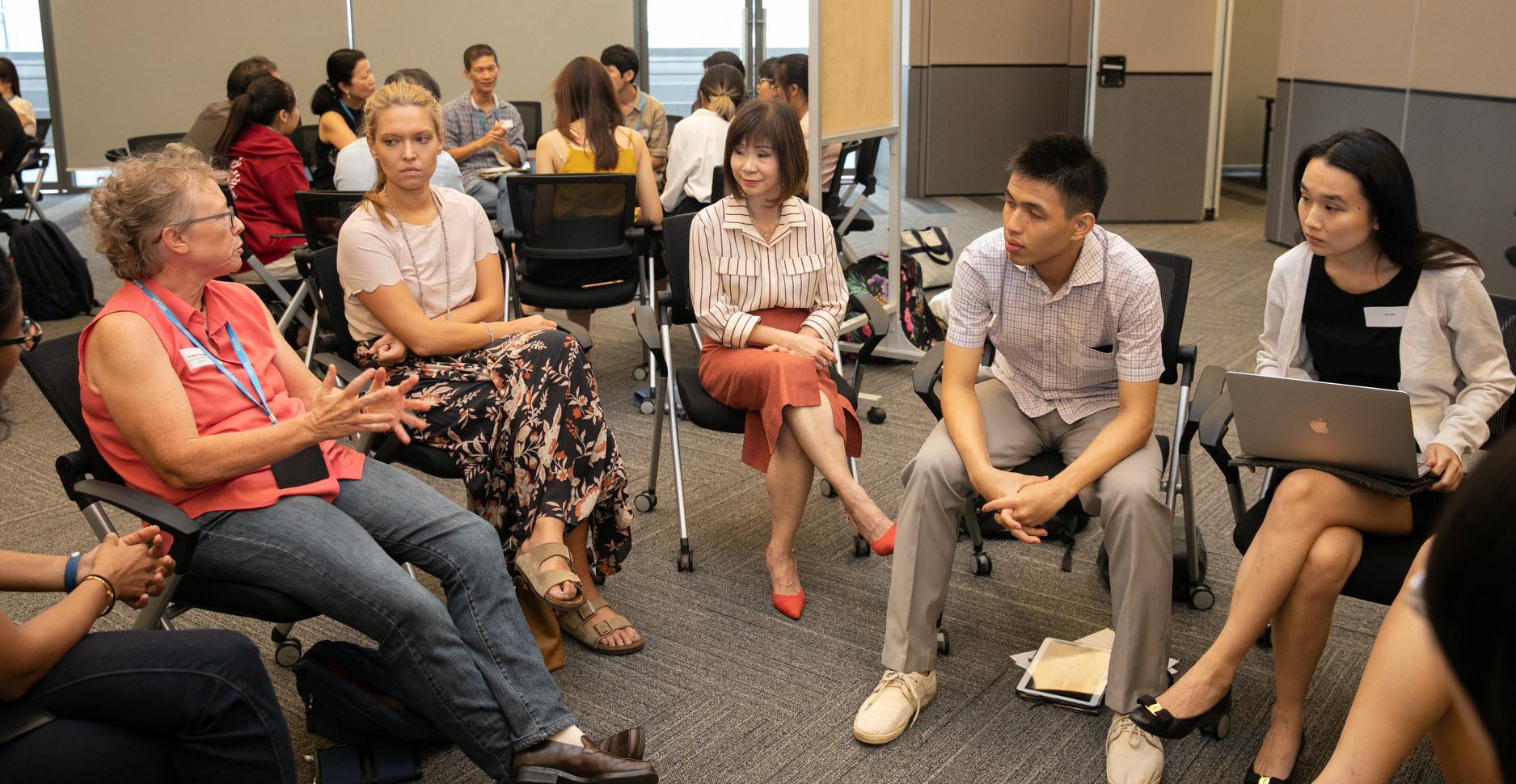Foreword

Singapore’s inaugural Zero Waste Masterplan is an important step towards our vision of a Zero Waste Nation. It encapsulates the aspirations of Singaporeans and embodies the spirit of Singapore moving forward as one – individuals, businesses, civil society and the Government. It demonstrates our belief that the Government must work with Singaporeans and for Singaporeans, to build a sustainable Singapore.
Singapore has shown how economic growth, environmental protection and social inclusion can go hand in hand. But we face new challenges. As a low-lying island-state, climate change threatens our way of life and existence. Addressing how we manage waste together with Singaporeans also goes a long way to tackle climate change. That is because our planet’s limited resources are increasingly strained by rising consumption from global population growth and rapid urbanisation, which contributes to more waste. Indeed, our only landfill, Semakau Landfill, will run out of space by 2035 at current waste disposal rates.

To overcome these challenges, and seize the opportunities in them, we must collectively build three new resiliences:
- Climate resilience to address the existential threats of climate change, especially rising sea levels
- Resource resilience to ensure a safe and secure supply of critical resources
- Economic resilience to ensure the future Singapore economy remains competitive by overcoming carbon and resource constraints
The Masterplan will lay out Singapore’s strategies to build these resiliences. Our economy is currently based on the linear “take-make-dispose” model. We want to move away from this, towards a circular one that reuses resources endlessly. To do this, we have set ourselves an ambitious target – we will reduce the amount of waste (per capita) that we send to landfill by 30% by 2030. This is on top of our existing target to achieve a 70% overall recycling rate by 2030. We can achieve these targets through sustainable production and consumption, and transforming trash into treasure.
Sustainable production involves changing the way we do business. Climate change, resource constraints and growing consumer demands for sustainability mean companies will need new capabilities to produce more with less. Products have to be designed more efficiently and processes re-engineered. We will also need to push the boundaries of applied science and develop new circular economy solutions. The Government will support this through research and development, in close partnership with industry and academia. In short, the problems that come with climate change are also opportunities for companies to position their businesses for.

Sustainable consumption, on the other hand, starts with us – a change in our mindsets and behaviours. We designated 2019 as the Year Towards Zero Waste to build a national consciousness to care for the environment. Public participation has been very encouraging. More than 6,000 stakeholders participated actively in online consultations, surveys and focus group discussions to refine the Zero Waste Masterplan with us. Our industry has also provided extensive feedback, with more than 250 companies consulted. We will continue to work with you to inspire changes through co-creation. A Citizens’ Workgroup to improve household recycling in Singapore will start work in the coming months. Our quest towards “Zero Waste” will be a long journey but we are heartened by the strong start.

The Government has taken the lead to catalyse the transition to a circular economy. We have introduced the landmark Resource Sustainability Act to impose regulatory measures upstream. This addresses our priority waste streams – Extended Producer Responsibility for e-waste, a mandatory reporting framework for packaging waste, and mandatory segregation and treatment regulations for food waste. Extended Producer Responsibility will also cover packaging waste no later than 2025.
Even as we transform our trash into treasure, the global demand for waste management and recycling solutions is projected to grow. McKinsey has highlighted the potential for a fourfold increase in plastics reuse and recycling by 2030. This would generate US$60 billion in profit-pool growth for the global petrochemicals and plastics sector. Such trends will drive the demand for workers with skills in science, engineering, automation and related capabilities. The Government will support industry transformation and the upskilling of our workforce to create new economic opportunities for local companies, and good jobs for Singaporeans.
This is our commitment. But the Masterplan cannot be effected by the Government’s efforts alone. There is a role for everyone to play and we must work as one. Only by doing so can we realise the full potential of the Masterplan and ensure that future generations will continue to enjoy the green and liveable island we call home.
https://www.towardszerowaste.sg/zero-waste-masterplan/foreword/
